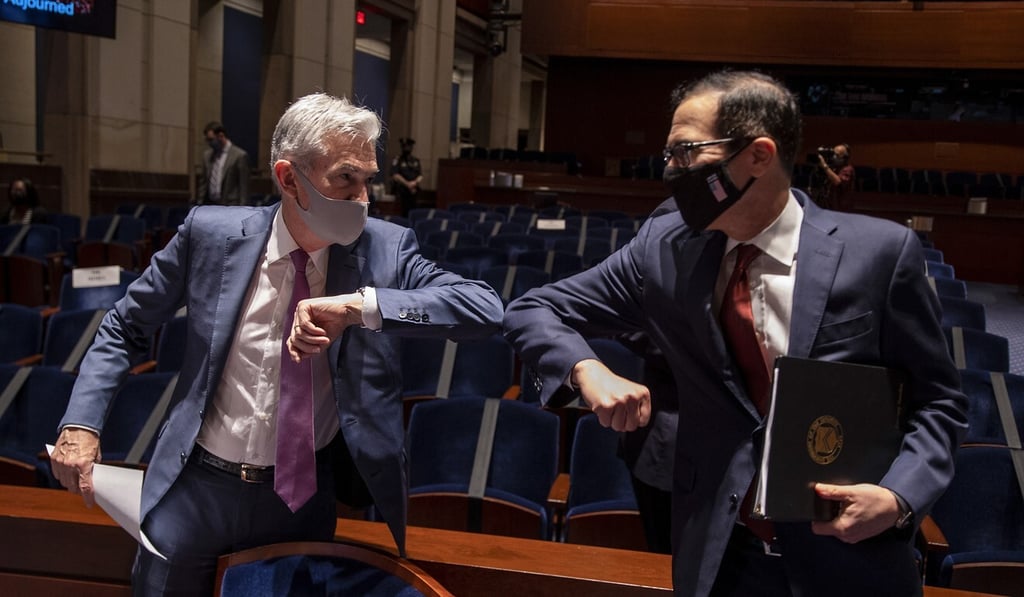Advertisement
Is the US in danger of Japanese-style deflation – and what does this mean for investors?
- A divided Congress, unable to agree on a stimulus package, could set the US economy down Japan’s path
- Currently popular assets, such as tech stocks, could then underperform cash and long-maturity Treasuries, a lesson Japanese investors have had to learn
Reading Time:3 minutes
Why you can trust SCMP
0

In 2000, I sat in a bland grey Prague conference room opposite officials from Japan’s Ministry of Finance. We were attending a G7/International Monetary Fund meeting. I asked if they thought the US and Europe could avoid Japan’s protracted deflation. None of them could suppress a smile. “Unlikely,” said one.
So far, these officials have been wrong, but just barely. European inflation is around zero, and US inflation is a bit above 1 per cent. Could Japanese-style deflation hit the United States? It could, particularly if Congress struggles to implement meaningful, long-term fiscal stimulus.
For savers, deflation means the assets that are so popular right now – tech stocks – could underperform the assets no one wants to hold, like cash and long-maturity Treasuries, a lesson Japanese investors have had to learn.
Lower US inflation will occur if demand is weak and goods supply ample. To stimulate demand, typically the Federal Reserve lowers policy rates. In response, the private sector borrows and spends – usually on houses and cars – and the economy picks up. However, once policy rates are zero, the Fed can’t lower interest rates further.
The Fed can buy assets. This forces money into the hands of asset holders, which drives stocks and bonds higher, but doesn’t get money directly into the economy. The only way to do that is through effective fiscal policy (direct spending, not tax cuts), which means that the Fed, Treasury and Congress need to work together.

Advertisement
